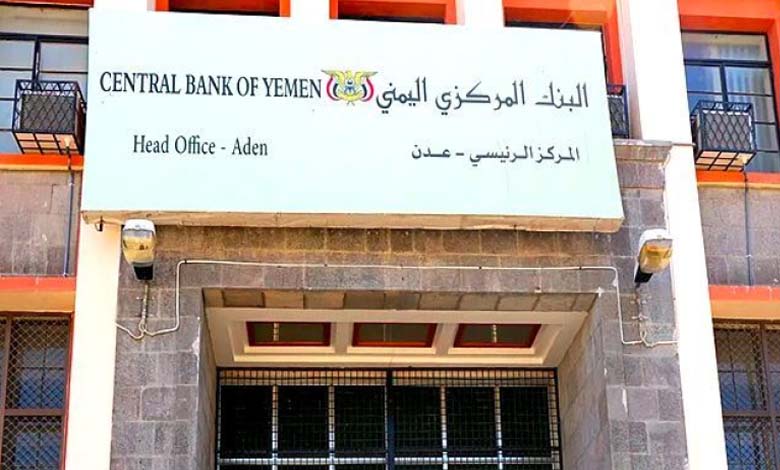Why Did the Central Bank of Yemen Ban Electronic Payment Services in Sanaa? Experts Explain

The Central Bank of Yemen in the temporary capital of Aden announced today a decision to ban transactions with ten entities, wallets, and unlicensed electronic payment services operating under the control of the Houthi militia. This measure is part of the Bank’s efforts to enhance oversight of financial activities and ensure that financial service providers comply with existing legal and regulatory procedures.
Details of the Ban
The ban includes the following wallets: Cash Wallet, Floosak Wallet, Yemen Wallet, International Money Wallet, Saba Cash Wallet, E-Rial Wallet, My Mobile Wallet, Mobile Money Wallet, Rial Mobile Wallet, and Jib Wallet.
The Central Bank explained in its circular that these entities have been practicing, advertising, and promoting electronic payment and transfer services without obtaining the official licenses required by the Bank, which constitutes a clear violation of the laws, instructions, and approved procedures for providing electronic payment services and activities.
Reasons and Measures for the Ban
This decision is part of a series of measures taken by the Central Bank to curb unlicensed financial activities that could threaten the financial and economic stability of the country.
In its statement, the Bank emphasized that dealing with these entities and electronic wallets poses a risk to the safety of the financial system and increases the likelihood of financial manipulation and fraud, as well as the possibility of financing illicit activities.
The Central Bank of Yemen directed all banks and exchange companies to comply with the ban on direct or indirect transactions with the mentioned entities and electronic payment services.
It stressed the need for full and strict adherence to its directives, affirming that it will take strict punitive legal measures against violators.
In this context, the Bank highlighted the importance of full cooperation between financial and regulatory institutions to ensure the implementation of this decision, contributing to protecting the national economy and maintaining the stability of the financial system.
Legal Consequences and Reactions
The Central Bank clearly stated that any negligence or non-compliance by banks and exchange companies with the issued instructions would be met with strict punitive measures.
This includes imposing financial fines and administrative sanctions that could extend to suspending activities or revoking licenses. These measures aim to ensure full compliance with the Bank’s directives and protect the financial system from any breaches or abuses that could affect public confidence in the banking system.
Reflecting a mix of public and personal interests, local sources revealed today that the Houthi militia has seized the house of the Central Bank governor in Aden, Ahmed Ghaleb Al-Mabaqi, in the Yemeni capital, Sanaa.
The sources stated that the so-called “judicial custodian” affiliated with the militias in Sanaa seized Al-Mabaqi’s house in Sanaa, adding that the “judicial custodian” wrote on the house the inscription “Seized by the criminal court” in preparation for its confiscation.
The Central Bank Exercising Its Powers
For his part, Yemeni political analyst Wadih Ben Atia said that the Central Bank in Aden decided to instruct all banks and exchange companies to ban dealings with the unlicensed financial entities, wallets, and electronic payment services operating in Sanaa under the control of the Houthi militia.
He added – via his account on the social network “X” – in response to questions about the Central Bank retracting its decisions, that the Central Bank is not escalating against Sanaa but is exercising its legal powers.
-
Yemen: Houthi’s threats to oil installations revealed the terror of its militia
-
Washington pledges support for Yemen’s fight against terrorism
Meanwhile, Yemeni political analyst Abdul Hafiz Al-Hatami said that the Central Bank’s decision reflects a legitimate concern about unlicensed financial activities that could threaten the country’s financial stability.
Al-Hatami stated that this step is necessary to organize the financial sector and ensure transparency and accountability.
-
Yemen accuses Houthi of blocking second round of Jordanian consultations
-
Yemeni Presidential maintains restraint over Houthi violations
He also pointed out that providing a clear and accessible regulatory framework could encourage emerging companies to comply and obtain the necessary licenses, thereby boosting the confidence of local and international investors in the Yemeni economy.












